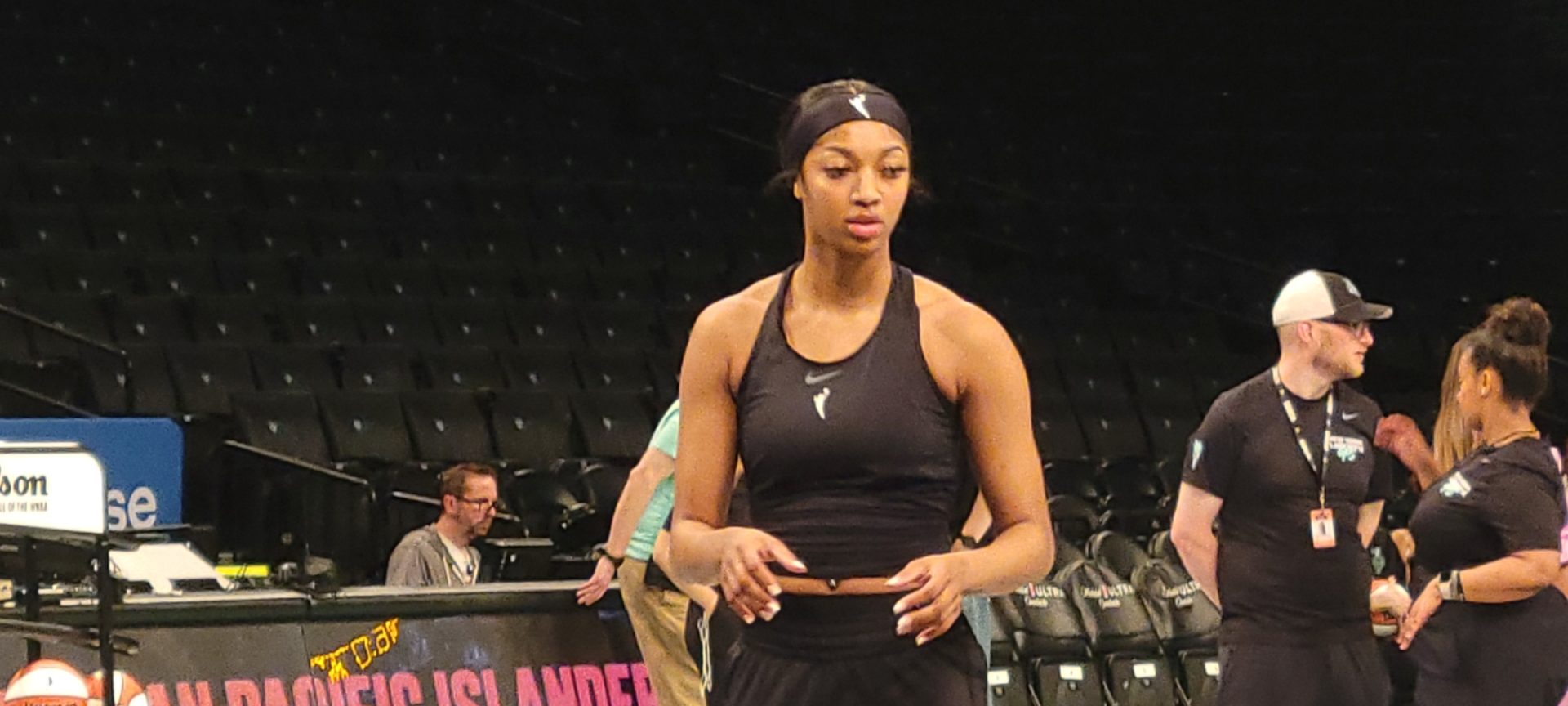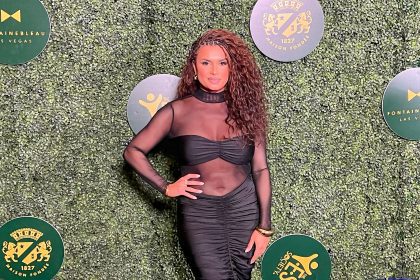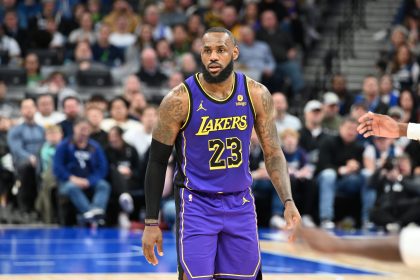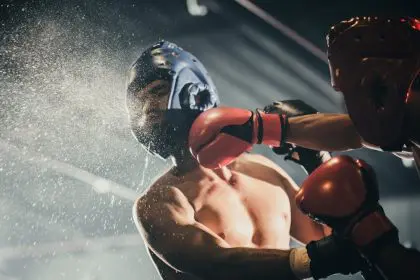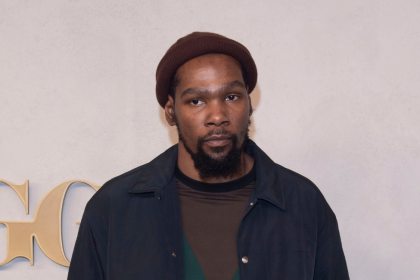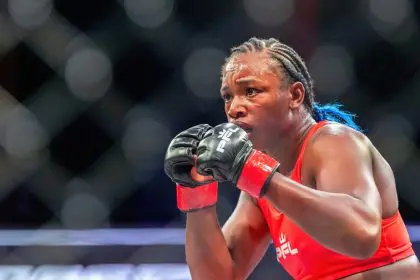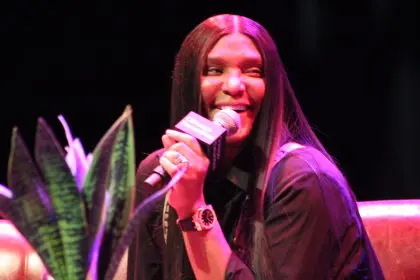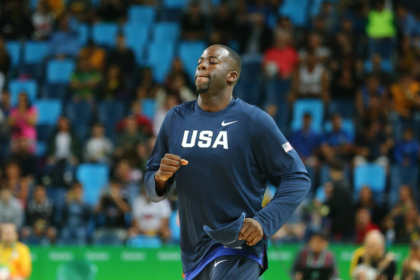Basketball phenom Angel Reese found herself in an unexpected crosscourt battle after comedian Aries Spears launched a vitriolic social media tirade against the WNBA star. Spears’ inflammatory remarks — which crudely dismissed Reese’s athletic prowess and drew an offensive parallel to the Special Olympics — have set the sports world ablaze and sparked a heated debate about respect, talent and the power of words.
Reese, a standout player in the WNBA, has made a name for herself with her impressive skills and contributions to the sport. Known for her tenacity on the court and her ability to perform under pressure, Reese has garnered a loyal fanbase and has become a role model for many young athletes. Her journey in basketball has been marked by numerous accolades, and she continues to inspire others with her dedication and talent.
Spears’ comments came in a video clip that has since circulated widely on social media. In the video, posted on Baller Alert, he expressed his disdain for Reese’s performance, making a derogatory comparison to the Special Olympics. Such remarks not only undermine Reese’s hard work and achievements but also perpetuate harmful stereotypes about athletes with disabilities.
The backlash against Spears’ comments was swift. Many fans and fellow athletes took to social media to defend Reese, emphasizing the importance of supporting athletes regardless of their performance. The WNBA community, in particular, rallied around Reese, highlighting the need for respect and encouragement in sports.
As of now, Reese has not publicly responded to Spears’ comments. However, her silence may be a strategic choice, allowing her to focus on her game and let her performance speak for itself. In the world of sports, actions often speak louder than words — and Reese has consistently demonstrated her ability to rise above negativity.
This incident is not isolated. Other female athletes have faced similar criticism:
- In 2019, Serena Williams was criticized for her emotional reaction during the U.S. Open final, with some commentators questioning her sportsmanship and professionalism.
- Simone Biles faced backlash when she withdrew from several events at the 2020 Tokyo Olympics, citing mental health concerns. Critics accused her of being weak or letting her team down.
Spears’ comments serve as a reminder of the ongoing challenges athletes face, particularly women in sports. The WNBA has made significant strides in gaining recognition and respect, but incidents like this highlight the need for continued advocacy and support for female athletes.
Support from fans, peers and the media is crucial for the growth of any athlete. Positive reinforcement can boost confidence and encourage players to push their limits. In contrast, negative comments can have lasting effects on an athlete’s mental health and performance.
As the conversation surrounding Spears’ comments continues, it is essential to remember the impact of our words. Supporting athletes like Reese not only uplifts them but also contributes to a more inclusive and respectful sports culture. Let’s celebrate the achievements of all athletes and foster an environment where everyone can thrive.
The incident has sparked broader discussions about respect in sports and the treatment of female athletes. Many have pointed out the double standard that often exists in how male and female athletes are critiqued, with women frequently facing harsher and more personal criticism.
This controversy also highlights the power of social media in shaping public discourse around sports. While platforms like X — formerly Twitter — and Instagram provide athletes with direct access to fans, they also expose them to unfiltered criticism that can be harmful and demoralizing.
The WNBA, since its inception, has faced numerous challenges in gaining the same level of respect and recognition as its male counterpart, the NBA. Incidents like this serve as a reminder of the ongoing work needed to elevate women’s sports and ensure equal treatment for all athletes.
It’s important to note that criticism of an athlete’s performance is not inherently wrong. Constructive criticism can be valuable for growth and improvement. However, the manner and context in which criticism is delivered matter greatly. Personal attacks and derogatory comparisons cross a line and detract from meaningful sports analysis.
As the sports world continues to evolve, there’s a growing emphasis on athlete mental health and well-being. Recognizing the impact of public commentary on athletes’ psychological state is crucial. This incident serves as a call to action for fans, media and public figures to be more mindful of their words and their potential consequences.

